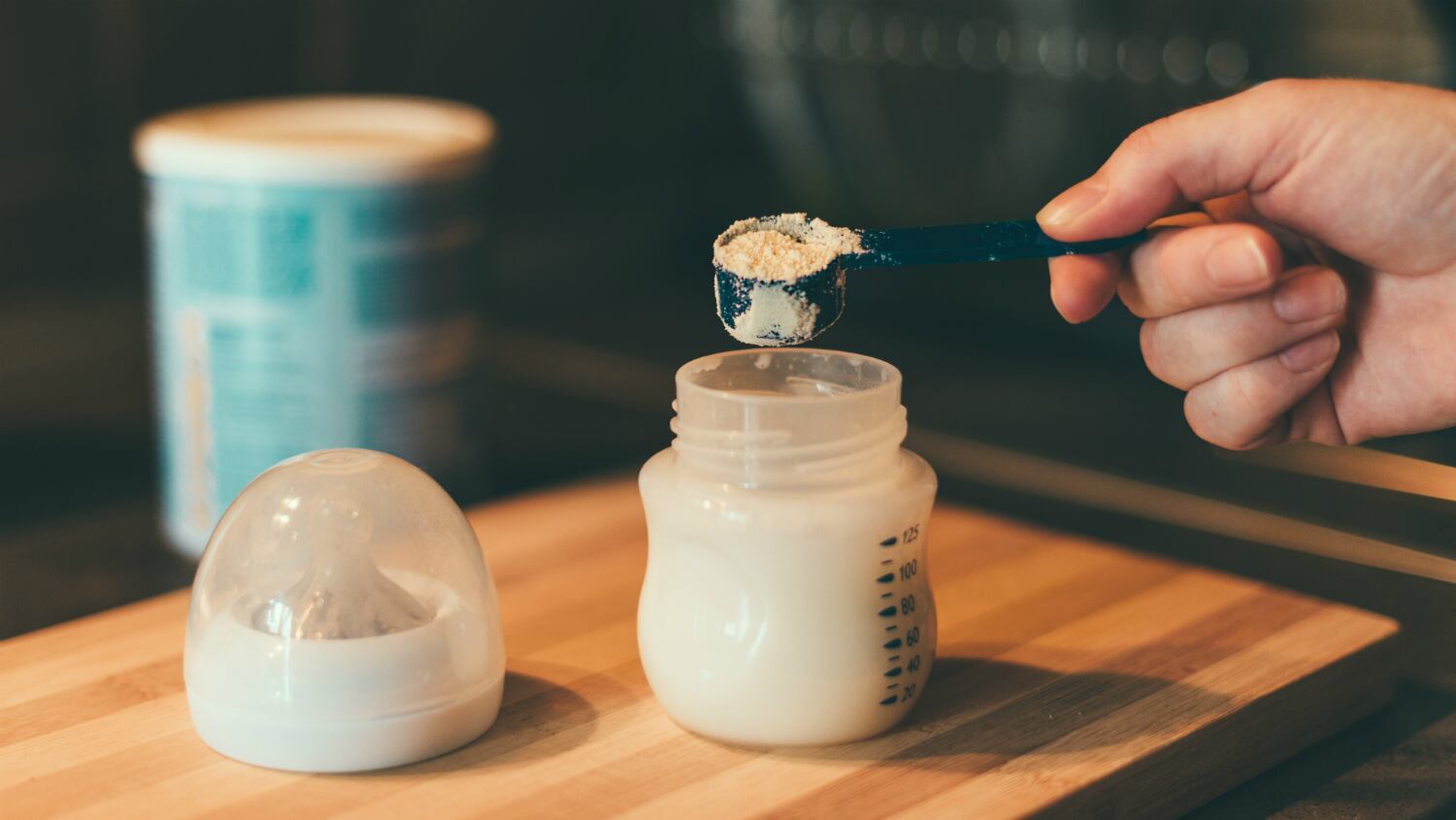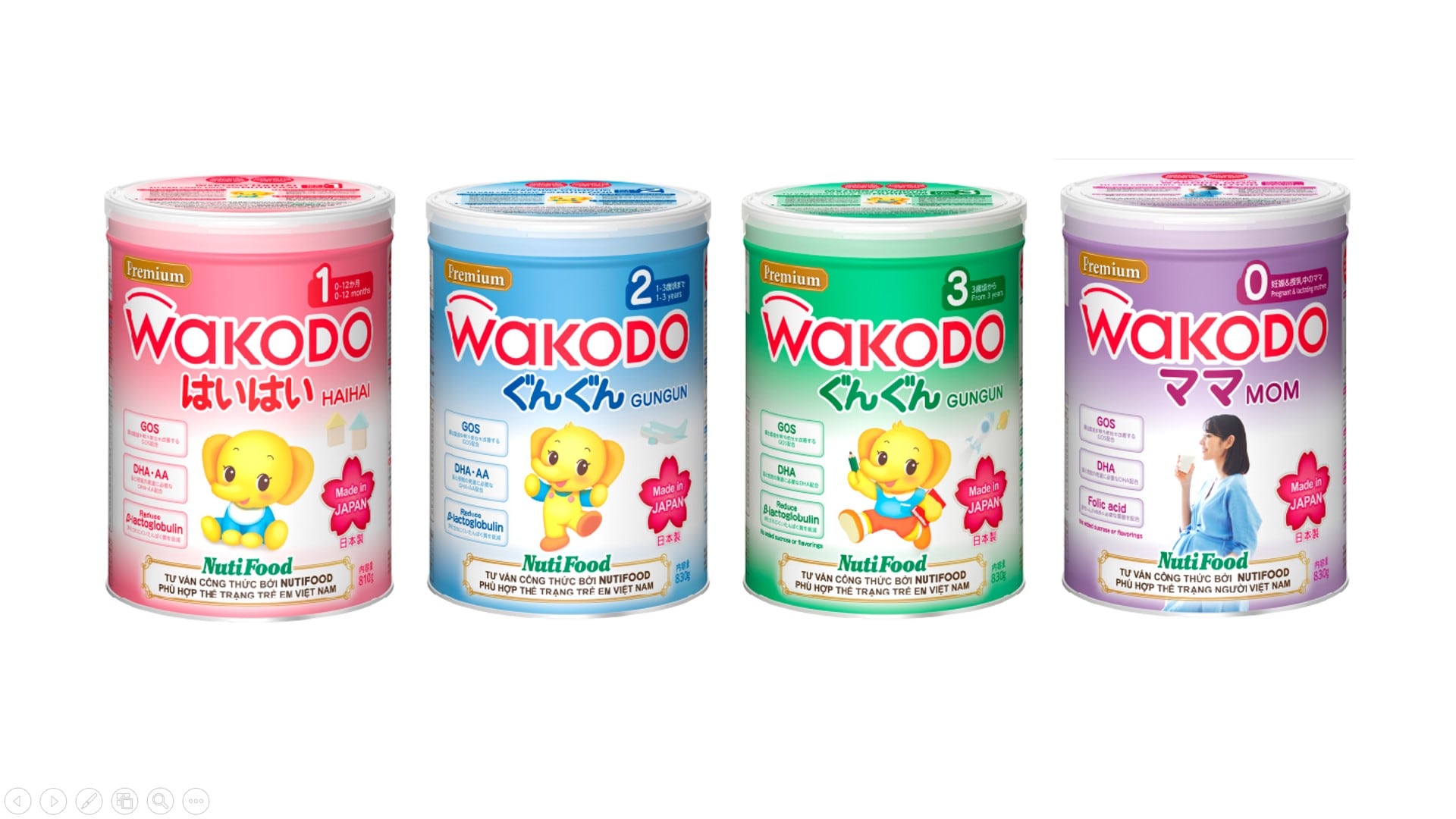That's according to Swedish firm Advanced Lipids which has launched INFAT PLUS in China, the latest iteration of its proprietary fat ingredient.
Like its predecessor INFAT, INFAT PLUS is an SN-2 palmitate fat ingredient that mimics the fatty acid profile in human milk as closely as possible, which is important since the fat in breastmilk provides around 50% of an infant’s energy needs for healthy growth.
This fat consists predominantly of triglycerides, of which the most abundant species are palmitic and oleic acids, mainly in the structure oleic-palmitic-oleic (OPO) and oleic-palmitic-linoleic (OPL).
According to Advanced Lipids, its most recent study showed differences in the structure of breastmilk between women of different nationalities, leading to the development of INFAT PLUS, which was launched at last month’s Food Ingredients China (FIC) trade show in Shanghai.
With INFAT PLUS, the company — a joint venture between Enzymotec and AAK — hopes to enable formula manufacturers to cater to the Chinese market by developing products that mimic the breastmilk of Chinese mothers specifically.
Chances in China
OPO in particular is becoming increasingly popular in China's infant formula sector, which the company claims is due to the rising number of scientific studies supporting the ingredient’s health benefits.
Demand for infant formula containing OPO has shot up over the last 10 years, especially in China, which accounts for nearly 50% of the global US$48bn formula market.
Advanced Lipids' chief scientist Dr Sigalit Zchut said the education level and disposable income of China's growing middle class had led to parents being less concerned about price when seeking nutrition for their children.
"Much less importance is placed on price. The popularity of formula containing OPO reflects awareness in China of its clinically proven benefits for health and nutrition.
"Babies are valued particularly highly in China. This is partly supported by Chinese culture, where the child is regarded as a national resource, the person on whom the family will rely when they grow old.
"It was also supported for many years by the single child policy. Even though the policy was recently relaxed, for many Chinese families, the idea of having two children (or more) is still foreign."
He added that in 2013, super premium products accounted for 14% of formula sales in Chinese specialty baby stores. This figure rose to 18% the following year, with OPO the fastest-growing premium ingredient in the market.
In December last year, Advanced Lipids conducted a survey of 211 urban Chinese parents, who fed their children formula either exclusively, or in combination with breastfeeding.
The survey found that 59% of them prioritised nutritional value as one of the two most important factors when selecting formula products, while 45% opted for quality and 39% chose safety; only 6% said price was an important factor.
Furthermore, it reported that 80% of the respondents had tried at least two different formula products, and 38% said they had tried at least three.
Among the most common reasons for switching between products were the higher quality of another product (75%), and safety concerns (74%). Additionally, 82% said they preferred to purchase formula manufactured overseas instead of in China, but only 2% said this was one of the primary factors in their selection of formula products.
Tailored for local conditions
Zchut said: "The biggest challenge for companies marketing formula in China is regulation, especially now that the rules have been tightened. Companies applying for registration have to present clinical evidence to support the special ingredients they would like to add to their formula, and nutritional composition has to be listed in accordance with national safety standards.
"Exaggerated or non-scientific statements about health benefits are not allowed. In other words, if you’re going to succeed in the Chinese market, you have to prioritise scientific evidence and quality."
As such, companies that emphasise scientific evidence also have an edge, with continual clampdowns making it necessary for manufacturers applying for registration in China to provide clinical evidence to back the health claims their formula products carry.
Advanced Lipids CEO Ronald van der Knaap, said: “After well publicised concerns about the safety of some Chinese formula brands, many consumers turned to formula manufactured overseas.
"However, it's interesting to note that country of origin is itself not a big driver of product choice. It's not enough for Chinese consumers that a product comes from overseas — it has to offer high quality."
Chairman Dr Marcus Gliwitzki added: "Mother's milk offers optimal nutrition for infants, and we already provide a product that contains many of its benefits. Now, we're offering an advanced fat ingredient that is even closer to mother's milk in China."
Previously proven
INFAT had previously been clinically proven in several studies in Israel and China to help reduce crying, lengthen sleep duration, create softer stools, increase calcium and fat absorption, improve bone matrix quality, and support intestinal health.
The results of a pre-clinical study showing that INFAT may improve the length and quality of bones were also presented at FIC by Zchut.
Between 2007 (when Advanced Lipids was founded) and 2017, the number of infant formula brands using INFAT in its products rose from five to over 150.
In addition, INFAT was nominated as a finalist at the inaugural NutraIngredients-Asia Awards last year, in the Ingredient of the Year: Infant Nutrition category.



